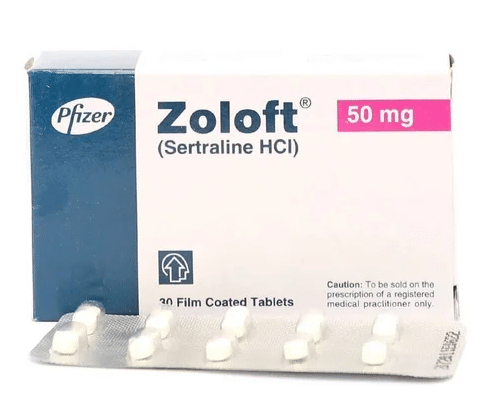**Depression: Unraveling the Differences Between Celexa and Zoloft**
Depression is a pervasive condition that impacts millions of people across the globe. In the U.S. alone, more than 9% of the adult population grapples with this mental health issue. Fortunately, as awareness and acceptance of mental health issues rise, addressing depression has become more manageable. Numerous treatment options are now available, including medications like Celexa (citalopram) and Zoloft (sertraline). Although both drugs are used to treat depression, there are essential differences between them that patients should be aware of.
In this article, we will explore both the similarities and differences between Celexa and Zoloft, focusing on their mechanisms of action, side effects, and overall effectiveness in treating depression.
Mechanisms of Action
Celexa and Zoloft are both classified as selective serotonin reuptake inhibitors (SSRIs), which means they increase serotonin levels in the brain. Serotonin is a neurotransmitter that plays an essential role in regulating mood, sleep, and appetite.
While both medications boost serotonin levels, their impacts on other neurotransmitters differ. Celexa mainly acts as a serotonin reuptake inhibitor, whereas Zoloft also affects dopamine and norepinephrine levels.
Celexa is FDA-approved exclusively for treating depression, while Zoloft has FDA approval for several conditions, including major depressive disorder, OCD, panic disorder, and PTSD. Physicians may also prescribe these medications off-label for other conditions.
Side Effects
Both Celexa and Zoloft share common side effects, such as nausea, insomnia, and sexual dysfunction. However, the prevalence and intensity of these side effects can vary between the two drugs.
Celexa Side Effects
Common Side Effects:
- Nausea
- Dry mouth
- Drowsiness
- Insomnia
- Increased sweating
- Fatigue
- Tremors
- Sexual dysfunction
- Weight gain
Less Common Side Effects:
- Increased appetite
- Diarrhea or constipation
- Heartburn
- Headache
- Dizziness
- Blurred vision
- Difficulty urinating
- Rash
- Irregular heartbeat
- Seizures
- Hallucinations
Zoloft Side Effects
Common Side Effects:
- Nausea
- Diarrhea
- Drowsiness
- Insomnia
- Increased sweating
- Fatigue
- Tremors
- Sexual dysfunction
- Weight gain
Less Common Side Effects:
- Dry mouth
- Constipation
- Heartburn
- Headache
- Dizziness
- Blurred vision
- Difficulty urinating
- Rash
- Irregular heartbeat
- Seizures
- Hallucinations
Note: Side effects can vary significantly among individuals. If you experience any severe or unusual side effects, contact your healthcare provider immediately.
Precautions for Celexa and Zoloft
Avoid taking Celexa if you have any of the following conditions:
- Age 60 or older
- Taking monoamine oxidase inhibitors (MAOIs)
- Liver problems
- Taking pimozide
- Taking anticoagulants
- A bleeding disorder
Avoid taking Zoloft if any of the following conditions apply:
- Taking monoamine oxidase inhibitors (MAOIs) or have taken them in the last 14 days
- Allergy to sertraline (an active ingredient in Zoloft)
- Taking pimozide or disulfiram
Your doctor may recommend alternative treatments if these conditions apply to you.
Conclusion
Both Celexa and Zoloft can be effective in treating depression, but the best choice depends on individual medical history and specific needs.
If you experience symptoms of depression, discussing treatment options with your healthcare provider is crucial. Clinical depression can often be managed with a combination of counseling and medication. Remember, depression is a treatable condition, particularly when one is open about their symptoms and willing to seek help.
